Croatia Work Visa Options
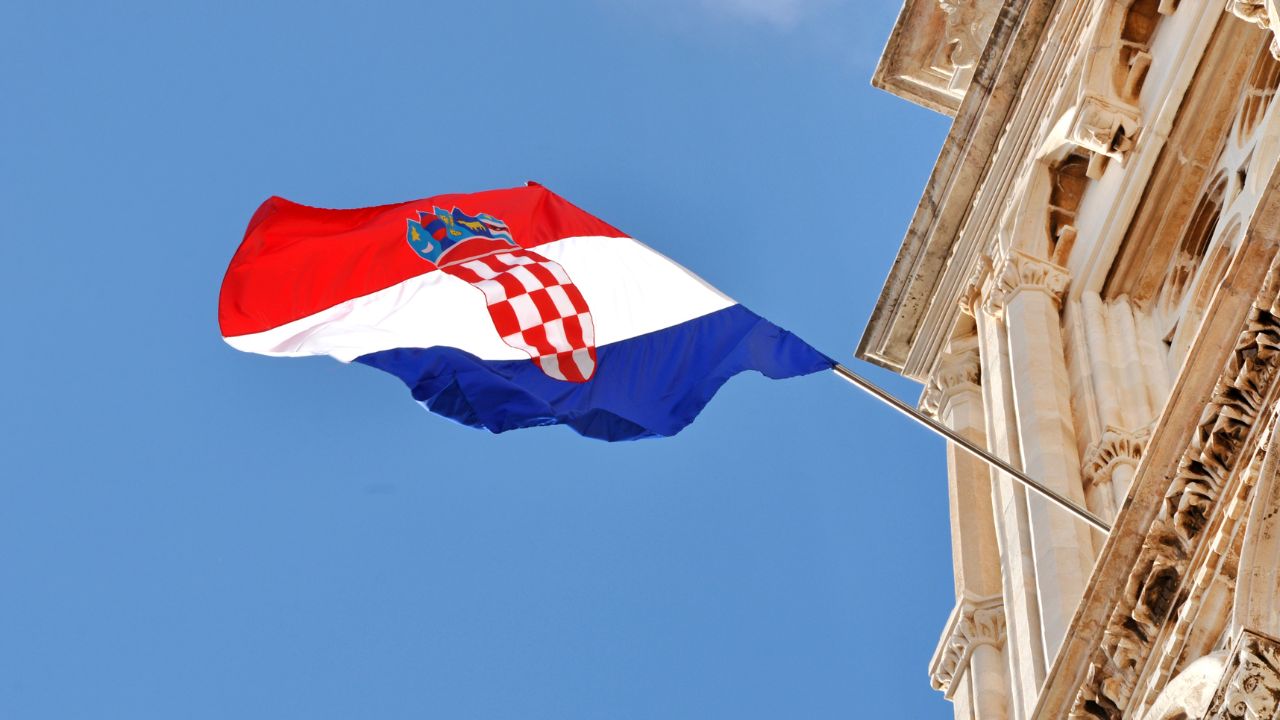
Quick Visa Facts
Visa length Typically up to 1 year
Possible to extend? Yes, can be renewed
Who can apply? Third-country nationals with a Croatian job offer or employed by a foreign company temporarily assigned to Croatia.
Minimum Income Requirements At least 50% of Croatia’s average monthly net salary (~€725 / $785 USD) for the Employed Worker Permit. At least 1.5× Croatia’s average gross monthly salary (~€2,300 / $2,500 USD) for the Self-Employment Permit.
Time for visa applications Usually between 30–60 days.
Want to know if you can apply?
Complete a visa quiz and see if you qualify!
Thinking about working or starting a business in Croatia? You’re not alone. As one of the newest members of the EU and a rising destination for both professionals and entrepreneurs, Croatia has become an attractive place to live and work. Whether you’ve landed a job with a Croatian employer, plan to launch your own company, or are being sent on assignment as a posted worker, there’s a specific visa or residence permit route designed for your situation.
The challenge is that Croatia doesn’t have a single “work visa” that fits everyone. Instead, the system offers several permits depending on how you plan to work. Some are tailored for employees with a job contract, others for entrepreneurs who want to set up a business, and others still for workers temporarily posted by a foreign employer.
In this guide, we’ll break down all the main options, explain the official requirements step by step, and help you figure out which path is the right one for you.
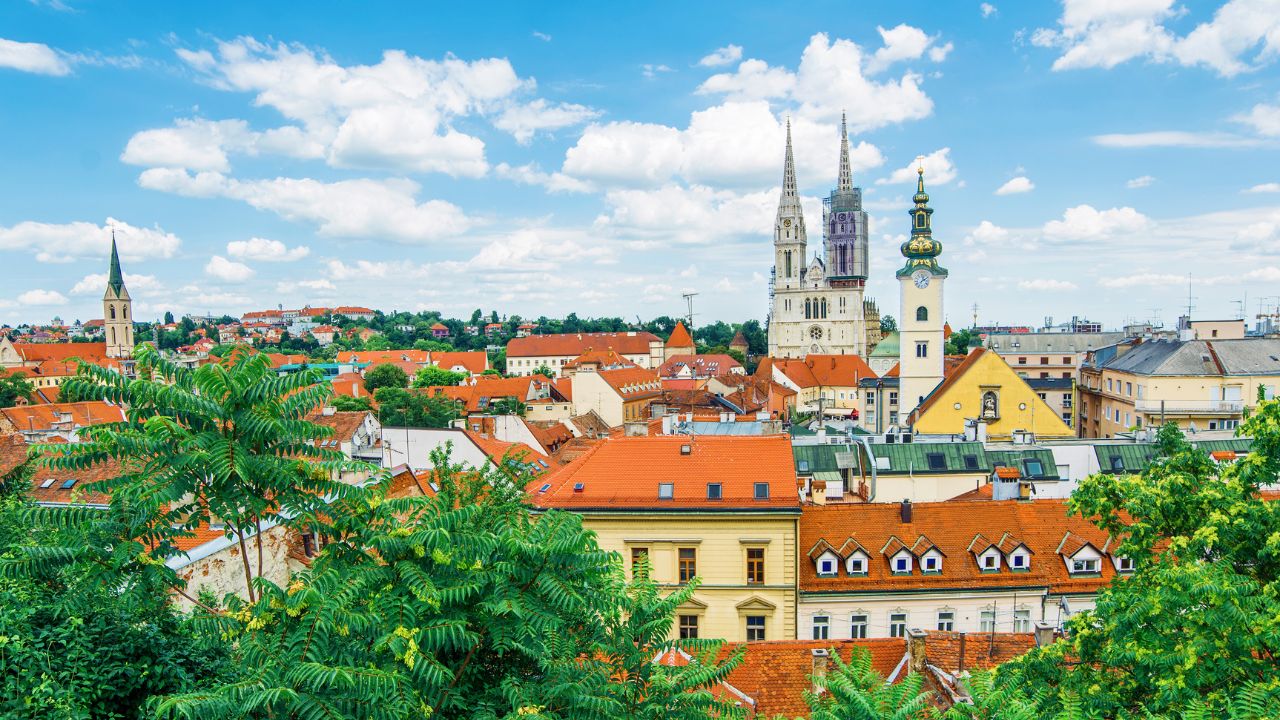
Visas Overview: Who Needs a Croatia Work Visa?
Not everyone coming to Croatia needs a work visa. The rules depend on your nationality and the type of work you plan to do.
EU/EEA and Swiss citizens If you’re from the European Union, the European Economic Area, or Switzerland, you can live and work in Croatia without a visa or permit. You’ll still need to register your stay with the local authorities, but you don’t need a separate work authorization.
Third-country nationals If you are a citizen of a country outside the EU/EEA or Switzerland, you generally need a residence and work permit to work legally in Croatia. This applies whether you plan to:
Take up employment with a Croatian company under a work contract.
Incorporate and run your own business (self-employment).
Work in Croatia temporarily as a posted worker sent by a foreign employer.
These categories make up the main routes for non-EU nationals who want to work in Croatia. Each comes with its own requirements, documents, and procedures, which we’ll explain in the next sections.
Keep in mind that Croatia also offers other residence options, like the digital nomad residence permit for remote workers employed abroad. However, that route is not considered a traditional “work visa” and is outside the scope of this guide.
Types of Work Visas in Croatia
Croatia does not issue a single “work visa” that applies to every situation. Instead, third-country nationals can apply for different types of residence and work permits, depending on how they plan to work:
Employed Worker PermitFor foreign nationals who have a job offer and an employment contract with a Croatian company. The employer typically helps with the application process.
Self-Employment Permit (Business Incorporation)For entrepreneurs who want to establish and operate their own business in Croatia. This requires majority ownership of a company or registration as a sole trader, along with investment and employment obligations.
Posted Worker PermitFor workers employed by a foreign company who are temporarily sent to Croatia to perform services. The employment contract remains with the foreign employer.
Each route comes with its own eligibility rules, application procedures, and rights once granted. In the following sections, we’ll dive into each of these permits in detail, using official Croatian and EU sources.
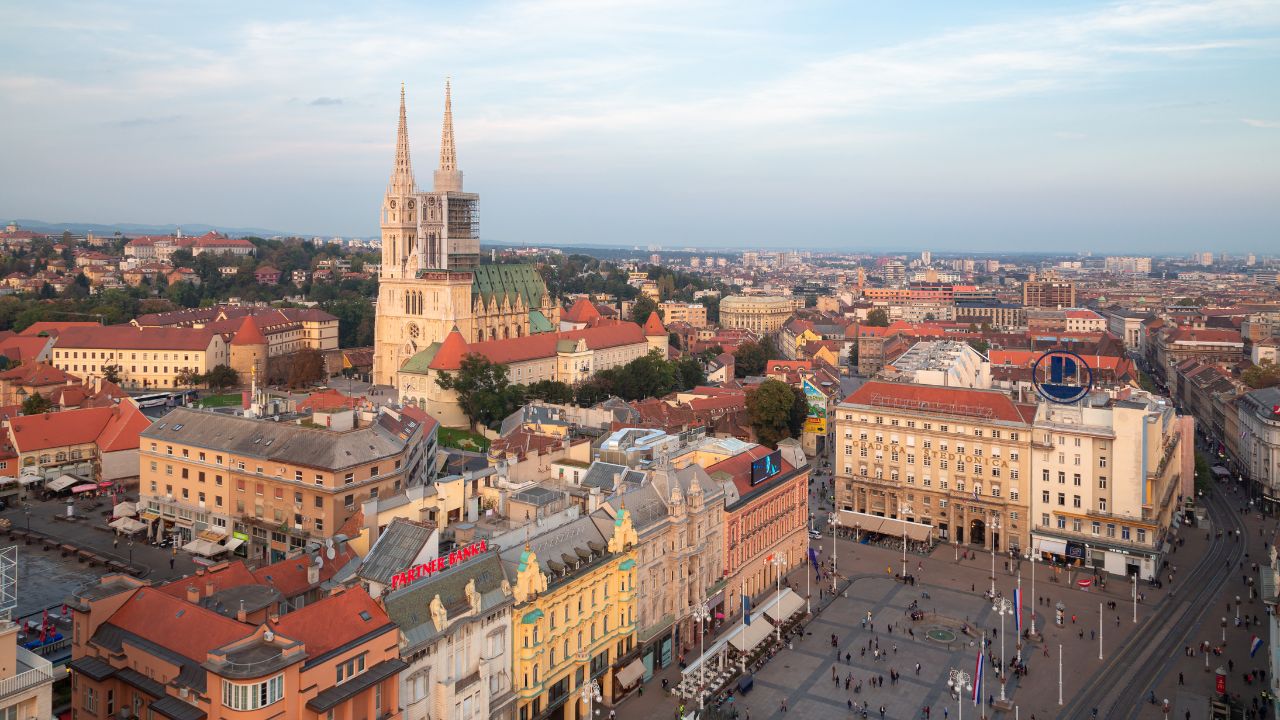
Employed Worker Permit (Standard Employment)
If you’ve received a job offer from a Croatian employer, you’ll likely need an Employed Worker Permit. This permit, also known as a residence and work permit for employed workers, enables non-EU citizens to reside in Croatia while working under an employment contract with a local company or institution.
This is the most common route for third-country nationals who want to work in Croatia.
You may apply if you:
Are a third-country national (not an EU/EEA or Swiss citizen).
Have a valid employment contract or job offer from a Croatian employer.
Meet both the general conditions for residence and the specific requirements for work.
Requirements for the Employed Worker Permit
To qualify for a Croatian Employed Worker Permit, applicants must meet both general residence conditions and specific employment conditions. Below, we break these down in detail, with notes on what authorities are looking for and what you should prepare in advance.
General Conditions:
These are standard requirements for anyone seeking to live in Croatia, regardless of the type of permit:
Passport valid for at least 3 months longer than your intended stay.
Health insurance, either through private insurance or Croatian health insurance, once you’re registered.
Proof of sufficient financial means, at least 50% of Croatia’s average monthly net salary (approximately €725.50 / $785 USD for one person), with about 15% extra for a spouse and 10% for each additional family member.
Criminal background check.
No entry bans or security concerns.
Specific Employment Conditions
These are requirements linked to your actual employment in Croatia:
Employment contract or binding job offer.
Proof that the position cannot be filled by local or EU workers.
Salary requirements according to Croatian labor law.
Qualifications and licenses.
Proof of accommodation (rental agreement, employer-provided housing, or proof of ownership.)
Application Process for the Employed Worker Permit
Applying for a Croatian Employed Worker Permit is a structured process designed to ensure that third-country nationals can legally work while meeting Croatia’s labor and immigration requirements. Here’s a step-by-step guide:
Step 1: Receive a Job Offer
The first step is securing a valid job offer or employment contract from a Croatian employer. The contract must outline your role, salary, and duration. While the employer may assist with documentation, you are ultimately responsible for meeting all requirements.
Step 2: Prepare Required Documents
Next, gather all necessary documents, ensuring they meet Croatian legal standards. Documents must be translated into Croatian and, if needed, legalized or apostilled. Proper preparation helps prevent delays during the review process.
Step 3: Submit the Application and Pay Application Fee
Submit your application at a Croatian police station or embassy/consulate if a visa is required. Some applicants may need a visa D to enter Croatia before applying. You must also pay the administrative fee for the permit and biometric card at submission.
Step 4: Authorities Review Your Application
Croatian authorities review your application to ensure all residence and employment conditions are met. They verify your job offer, compliance with labor regulations, and completeness of documentation. Processing typically takes 30 to 60 days.
Step 5: Biometric Data and Permit Issuance
Once approved, you’ll provide biometric data, including fingerprints and a photo. You will then receive a biometric residence and work permit card, typically valid for up to one year, with the option for renewal.
Step 6: Registration After Arrival
After arriving in Croatia, register your residence with the local police within a few days. This confirms your address and is necessary to access services and maintain legal residence.
Step 7: Renewal or Job Changes
If your contract is extended or renewed, apply for permit renewal at least 30 days before expiration. Changing employers or positions may require a new permit, as it is tied to your specific employment.
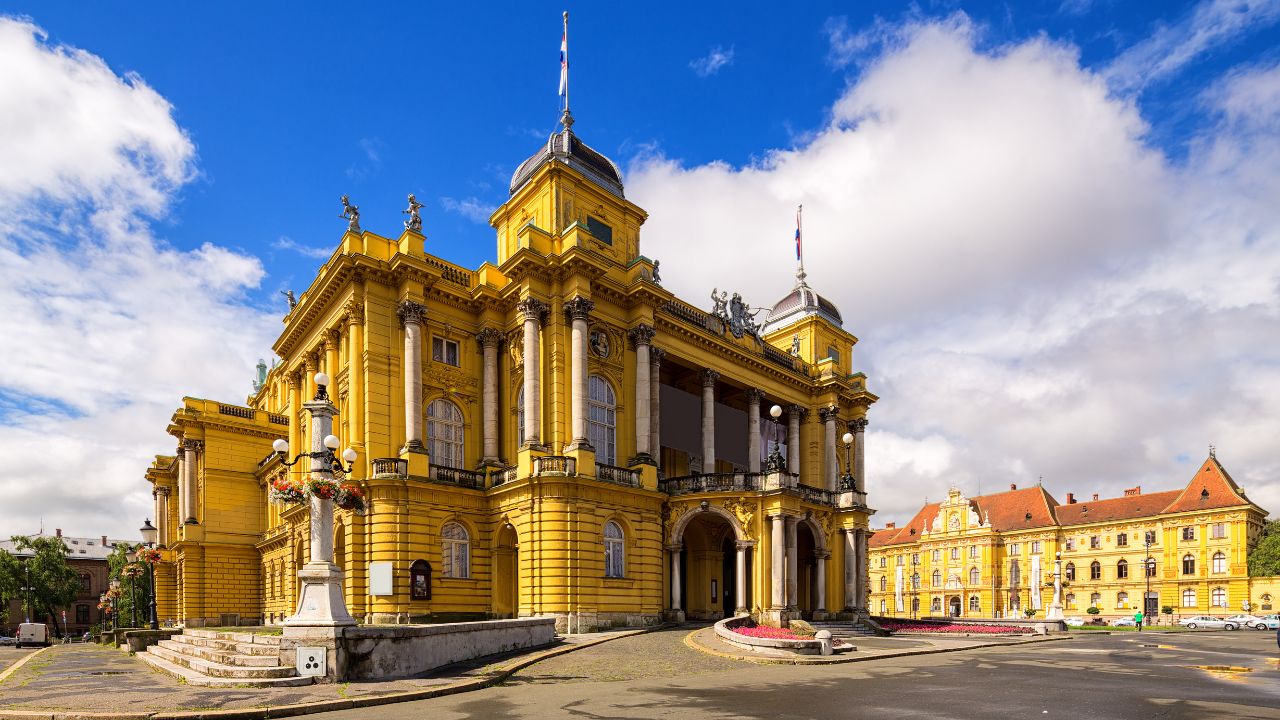
Self-Employment Permit (Business Incorporation)
If you plan to start and operate your own business in Croatia, you’ll need a Self-Employment Permit. This permit, also called a residence and work permit for self-employed workers, allows non-EU citizens to legally reside in Croatia while managing their own business or working as an independent entrepreneur.
This is the primary route for third-country nationals who want to establish a business in Croatia rather than work for a Croatian employer.
You may apply if you:
Are a third-country national (not an EU/EEA or Swiss citizen).
Intend to incorporate and manage a business in Croatia or work as a self-employed professional.
Meet both the general conditions for residence and the specific requirements for self-employment.
Requirements for the Self-Employment Permit
To qualify for a Croatian Self-Employment Permit, applicants must meet both general residence conditions and specific self-employment conditions.
General Conditions
These are standard requirements for anyone seeking to live in Croatia:
Passport valid for at least 3 months beyond your intended stay.
Health insurance, either through private insurance or Croatian health insurance, once registered.
Proof of sufficient financial means to support yourself and any dependents.
Criminal background check.
No entry bans or security concerns.
Specific Self-Employment Conditions
These are requirements tied to running your own business in Croatia:
Proof of incorporation or registration of a business in Croatia (company or sole trader).
Demonstration that the business is economically viable, including an investment of at least HRK 200,000 (approx. €27,000).
Evidence that the business will employ at least three Croatian or EU workers.
Proof of sufficient income for yourself, typically at least 1.5× the average gross monthly salary in Croatia.
Proof of accommodation in Croatia.
Application Process for the Self-Employment Permit
Applying for a Croatian Self-Employment Permit is a structured process designed to ensure your business is legitimate and that you meet all residence and economic requirements. Here’s a step-by-step guide:
Step 1: Plan Your Business
Before applying, you need a clear business plan and proof of registration or incorporation in Croatia. This includes defining your business activities, investment plans, and projected employment. Authorities evaluate the viability and economic impact of your business.
Step 2: Prepare Required Documents
Gather all necessary documents, ensuring translations into Croatian and, where necessary, legalization or apostille. Key documents include business registration papers, proof of investment and income, accommodation details, criminal background checks, and health insurance proof.
Step 3: Submit the Application and Pay Administrative Fee
The application can be submitted at a Croatian police administration or consulate abroad if a visa is required. Applicants are required to pay the administrative fee for the residence and work permit and the biometric card at submission.
Step 4: Authorities Review Your Application
Croatian authorities review the application to confirm business viability, investment, and employment obligations are met. This includes verifying that your income and business plans comply with Croatian standards. Processing times typically range from 30 to 60 days.
Step 5: Biometric Data and Permit Issuance
Approved applicants provide biometric data (fingerprints and photograph) and receive a biometric residence and work permit card, valid for up to one year, with the possibility of renewal.
Step 6: Registration After Arrival
You must register your residence with the local police within a few days of arriving in Croatia. Proper registration is essential to maintain legal residence and access services.
Step 7: Renewal or Business Changes
If your business continues beyond the permit’s validity or if there are significant changes to your business, you must apply for renewal. Timely renewal ensures continuous legal residence and work authorization in Croatia.
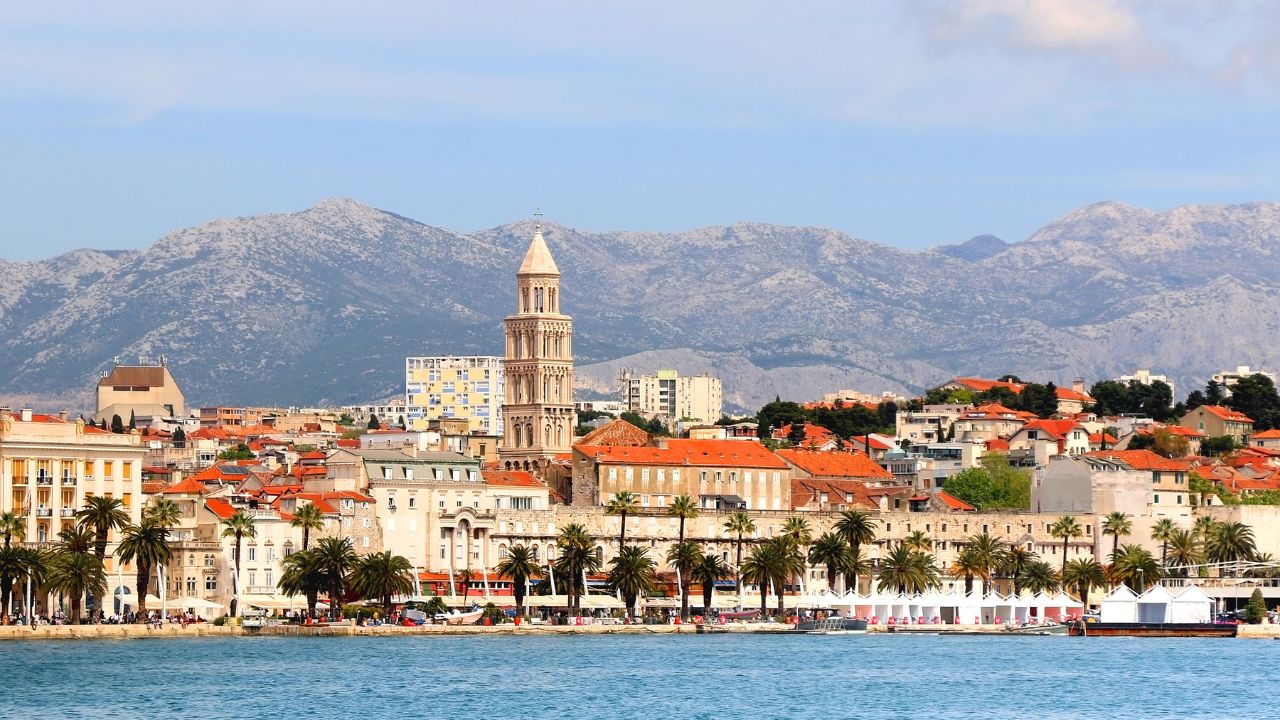
Posted Worker Permit (Temporary Work Assignment)
If you're a third-country national employed by a foreign company and assigned to work temporarily in Croatia, you may need a Posted Worker Permit. This permit allows you to legally work in Croatia for a specified period while remaining employed by your foreign employer.
You may apply if you:
Are a third-country national (not an EU/EEA or Swiss citizen).
Are employed by a foreign company established in an EU/EEA country.
Are posted to Croatia for a temporary work assignment.
Requirements for the Posted Worker Permit
To qualify for a Croatian Posted Worker Permit, applicants must meet both general residence conditions and specific employment conditions. Below, we break these down in detail, with notes on what authorities are looking for and what you should prepare in advance.
General Conditions:
These are standard requirements for anyone seeking to live in Croatia, regardless of the type of permit:
Passport valid for at least 3 months longer than your intended stay.
Health insurance, either through private insurance or Croatian health insurance, once you’re registered.
Proof of sufficient financial means, at least 50% of Croatia’s average monthly net salary (approximately €725.50 / $785 USD for one person), with about 15% extra for a spouse and 10% for each additional family member.
Criminal background check.
No entry bans or security concerns.
Specific Employment Conditions:
These are requirements linked to your actual employment in Croatia:
Employment contract or binding job offer.
Proof that the position cannot be filled by local or EU workers.
Salary requirements according to Croatian labor law.
Qualifications and licenses.
Proof of accommodation (rental agreement, employer-provided housing, or proof of ownership).
Application Process for the Posted Worker Permit
Applying for a Croatian Posted Worker Permit is a structured process designed to ensure that third-country nationals can legally work while meeting Croatia’s labor and immigration requirements. Here’s a step-by-step guide:
Step 1: Receive a Job Offer
The first step is securing a valid job offer or employment contract from a Croatian employer. The contract must outline your role, salary, and duration. While the employer may assist with documentation, you are ultimately responsible for meeting all requirements.
Step 2: Prepare Required Documents
Gather all necessary documents, ensuring they meet Croatian legal standards. Documents must be translated into Croatian and, if needed, legalized or apostilled. Proper preparation helps prevent delays during the review process.
Step 3: Submit the Application and Pay Application Fee
Submit your application at a Croatian police station or embassy/consulate if a visa is required. Some applicants may need a visa D to enter Croatia before applying. You must also pay the administrative fee for the permit and biometric card at submission.
Step 4: Authorities Review Your Application
Croatian authorities review your application to ensure all residence and employment conditions are met. They verify your job offer, compliance with labor regulations, and completeness of documentation. Processing typically takes 30 to 60 days.
Step 5: Biometric Data and Permit Issuance
Once approved, you’ll provide biometric data, including fingerprints and a photo. You will then receive a biometric residence and work permit card, typically valid for up to one year, with the option for renewal.
Step 6: Registration After Arrival
After arriving in Croatia, register your residence with the local police within a few days. This confirms your address and is necessary to access services and maintain legal residence.
Step 7: Renewal or Job Changes
If your contract is extended or renewed, apply for permit renewal at least 30 days before expiration. Changing employers or positions may require a new permit, as it is tied to your specific employment.
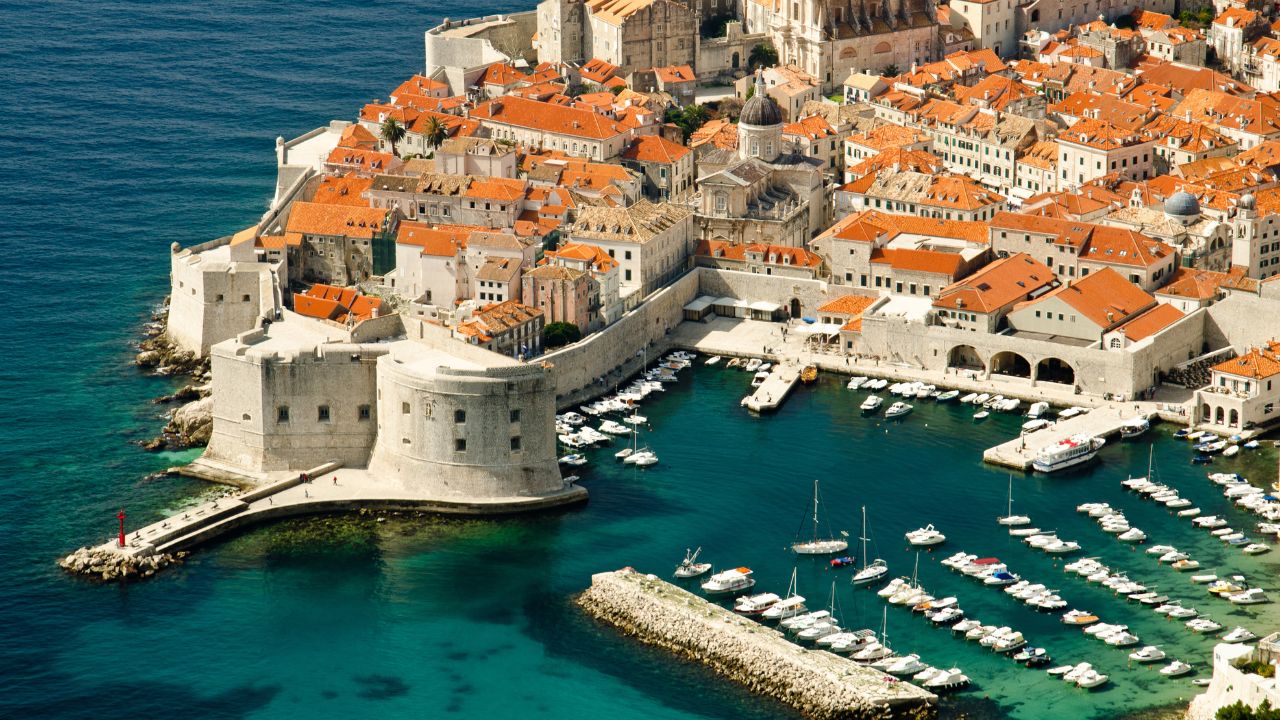
Taxes for People with a Work Visa in Croatia
If you are working in Croatia under a work visa, it is important to understand your tax obligations. Tax rules vary slightly depending on whether you are employed, self-employed, or posted by a foreign employer.
If you hold an Employed Worker Permit, your employer is responsible for withholding income tax and social security contributions from your salary. You are considered a tax resident if you stay in Croatia for 183 days or more in a year or if your main economic interests are in Croatia. As a tax resident, you are taxed on your worldwide income; non-residents are taxed only on income sourced from Croatia. Standard personal income tax rates range from 20% to 30%, depending on your annual income. Social security contributions, including pension and health insurance, are also deducted by your employer.
As a holder of a Self-Employment Permit, you are responsible for managing your own taxes. This includes:
Income tax: You must declare your business income and pay taxes according to Croatian tax laws. Depending on your business structure, you may be taxed under the general income tax rates or as a corporate entity.
Social security contributions: You must contribute to health and pension schemes yourself. Contributions are based on your reported income.
Value-added tax (VAT): If your business turnover exceeds a certain threshold (currently HRK 300,000 per year), you must register for VAT and charge it to your clients.
Careful bookkeeping and timely payments are essential to avoid penalties. Many self-employed workers hire a local accountant to ensure compliance.
If you are a Posted Worker sent to Croatia by a foreign employer, your tax obligations depend on the duration of your posting and your residency status:
For short-term postings (usually less than 183 days), you may continue paying taxes in your home country if your income is exempt under a double taxation agreement.
For long-term postings or if you become a tax resident in Croatia, you will be taxed on Croatian-sourced income and may need to contribute to social security in Croatia.
Your employer may coordinate with Croatian authorities to ensure proper tax and social security reporting.
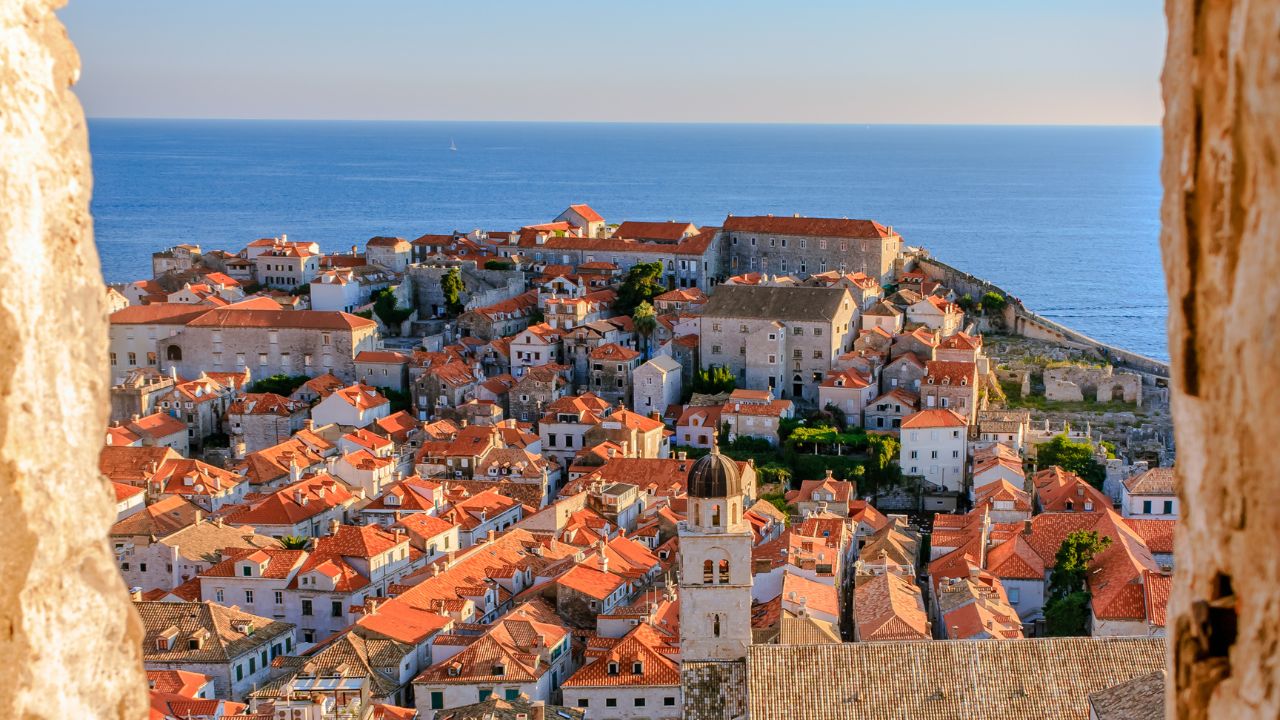
Living in Croatia With a Work Visa
Living in Croatia offers a unique blend of Mediterranean charm, rich history, and modern European amenities. From the vibrant streets of Zagreb to the stunning Adriatic coastline, residents enjoy a high quality of life, with access to excellent healthcare, education, and public services. Croatia is known for its beautiful landscapes, including national parks, beaches, and mountains, making it ideal for outdoor enthusiasts and those who value a balanced lifestyle. Cities are walkable, safe, and filled with cultural attractions such as museums, galleries, and festivals, offering a mix of traditional and contemporary experiences.
Croatia is also increasingly attractive for expatriates due to its growing economy, affordable living costs compared to Western Europe, and a welcoming community of locals and foreigners alike. Public transportation is reliable in major cities, and the country’s location in Europe provides easy access to neighboring countries for travel or business. While Croatian is the official language, English is widely spoken, especially in business and tourist areas, making integration easier for newcomers. Whether you’re relocating for work, self-employment, or a temporary assignment, Croatia combines professional opportunities with a rich, fulfilling lifestyle.

Cost of Living
The official currency of Croatia is the euro (€). As of September 7, 2025, the exchange rate is approximately €1 = $1.07 USD.
The average net monthly salary in Croatia is around €1,318, which equates to approximately $1,375 USD.
Here’s a rundown of what you should expect to pay in different cities:
Zagreb
Rent (1 bedroom in city center): Approximately €600–€800 per month.
Rent (3 bedrooms outside city center): Around €400–€500 per month.
Basic Utilities: Typically €140 per month
Wi-Fi: Approximately €17 per month for an 8 Mbps connection.
Public Transport: A monthly pass costs about €47.
Groceries (2 people): Between €200–€400 per month.
Split
Rent (1 bedroom in city center): Approximately €600–€1,000 per month.
Rent (3 bedrooms outside city center): Around €400–€600 per month.
Basic Utilities: Typically €100–€150 per month.
Wi-Fi: Approximately €17 per month for an 8 Mbps connection.
Public Transport: A monthly pass costs about €47.
Groceries (2 people): Between €200–€400 per month.
Dubrovnik
Rent (1 bedroom in city center): Approximately €800–€1,200 per month.
Rent (3 bedrooms outside city center): Around €600–€800 per month.
Basic Utilities: Typically €140 per month.
Wi-Fi: Approximately €17 per month for an 8 Mbps connection.
Public Transport: A monthly pass costs about €47.
Groceries (2 people): Between €200–€400 per month.
FAQs
What types of work visas are available for Croatia?
Croatia offers three main work visa options for third-country nationals: the Employed Worker Permit for standard employment with a Croatian employer, the Self-Employment Permit for entrepreneurs and business owners, and the Posted Worker Permit for individuals temporarily assigned by a foreign employer.
How long does it take to process a Croatian work visa?
Processing times typically range from 30 to 60 days, depending on the type of permit, completeness of your application, and your nationality. Some permits may take longer if additional verification or documents are required.
Do I need health insurance to apply for a work visa in Croatia?
Yes. All applicants must have valid health insurance, either through a private plan or Croatian public health insurance once registered. Proof of coverage is required at the time of application.
Can I bring my family with me on a work visa?
Yes. Family members can accompany or join you in Croatia, but you must demonstrate sufficient financial means to support them. Typically, this includes around 15% extra for a spouse and 10% for each additional dependent on top of the minimum financial requirement for yourself.
Am I required to pay taxes while working in Croatia?
Yes. Tax obligations depend on your visa type: employed workers have taxes and social security contributions withheld by their employer. Self-employed individuals manage their own income tax and contributions, and posted workers may be taxed in Croatia or their home country, depending on the posting duration and residency status.
Author
Nadia Dardón is a content creator from Guatemala. She has worked fully remotely for the past six years as a copywriter, editor, and content creator, working for different industries. She started her digital nomad journey in 2022 and currently lives as an expat in Spain.
